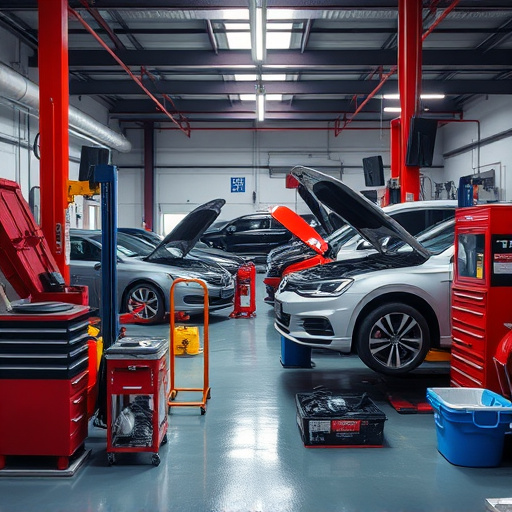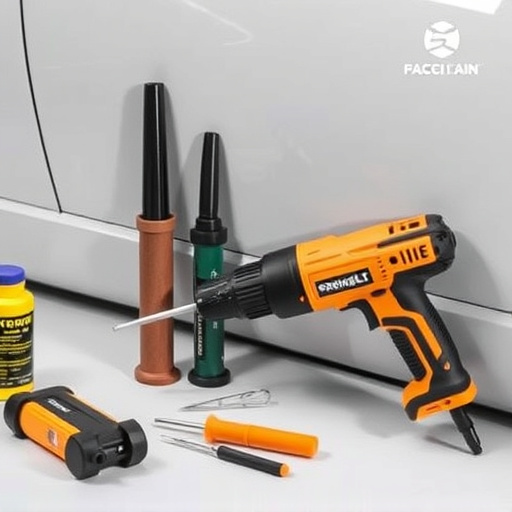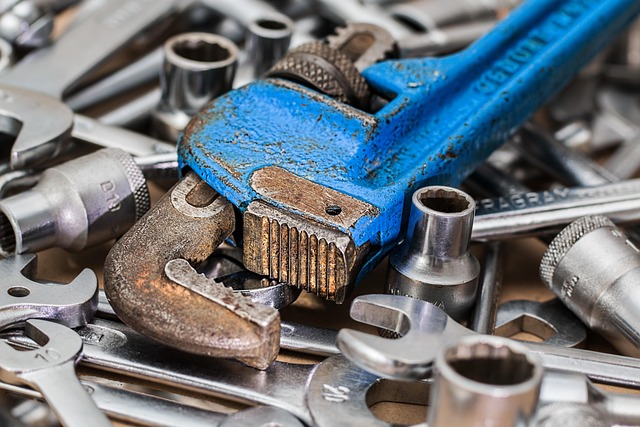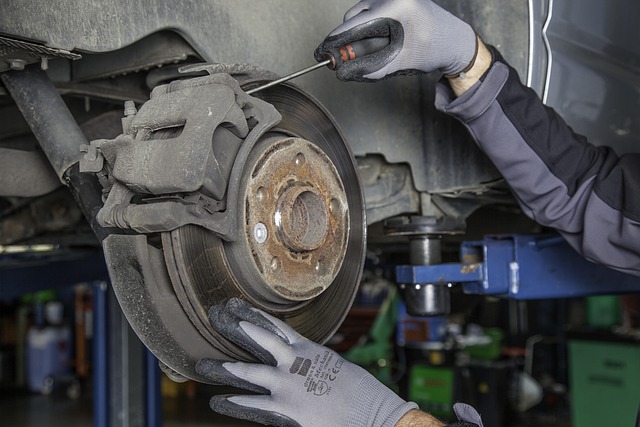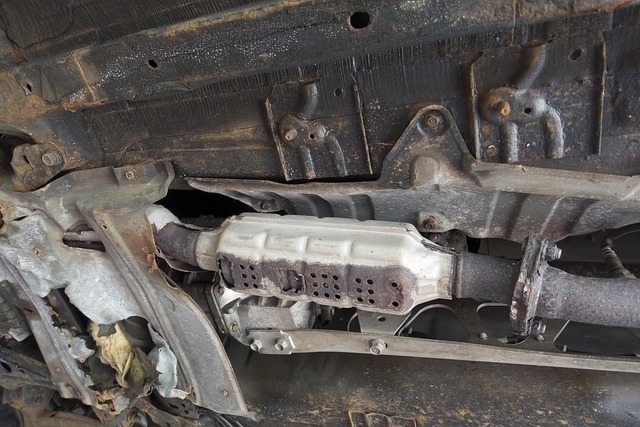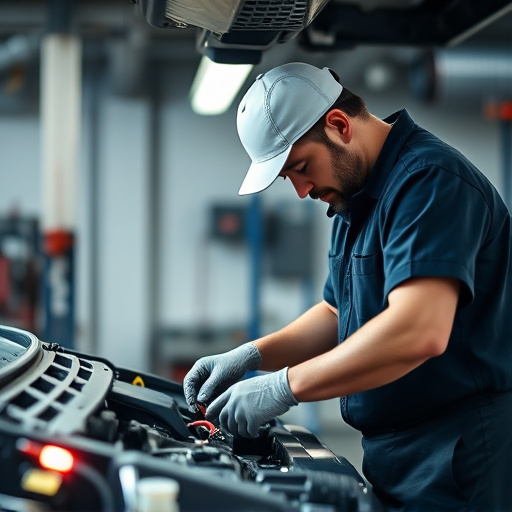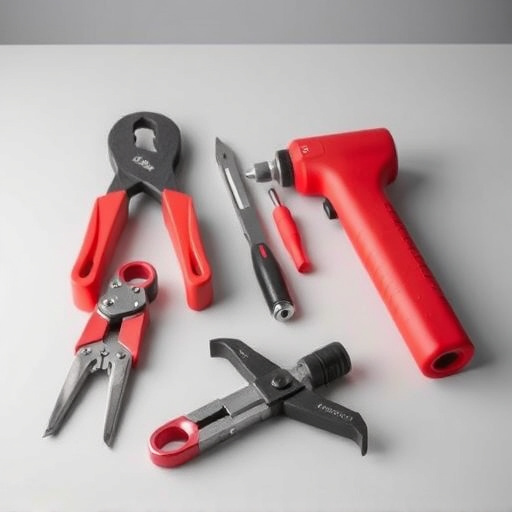In today's competitive market, achieving an exceptional customer satisfaction guarantee (CSG) demands understanding and exceeding customer expectations. Auto body repair businesses must set clear communication, meet promised timelines, personalize services, and anticipate individual priorities to build trust and long-term loyalty. Follow-up interactions post-service demonstrate dedication to clients' safety and satisfaction, turning them into advocates who promote excellence and return for future needs. Post-purchase engagement through personalized communication and feedback surveys solidifies loyalty by extending the customer journey beyond initial repairs.
In today’s competitive market, a customer satisfaction guarantee is non-negotiable. Understanding client expectations is crucial, as it sets the stage for their overall experience and loyalty. This article delves into the art of follow-up, exploring how it fosters trust and cultivates lasting relationships. We’ll uncover effective strategies for post-purchase engagement, empowering businesses to excel in customer satisfaction guarantees. Discover the power of staying connected and transforming satisfied clients into brand advocates.
- Understanding Customer Expectations: Setting the Stage for Satisfaction
- The Role of Follow-Up in Building Trust and Long-Term Relationships
- Strategies for Effective Post-Purchase Engagement to Ensure Customer Loyalty
Understanding Customer Expectations: Setting the Stage for Satisfaction

In today’s competitive market, understanding customer expectations is paramount to achieving and maintaining a robust customer satisfaction guarantee (CSG). Customers no longer settle for average or even good service; they demand excellence in every interaction, from initial inquiries to post-service follow-ups. For businesses providing services like auto frame repair, car bodywork services, or auto dent repair, this means setting clear communication channels, meeting promised timelines, and exceeding expectations where possible.
Setting the stage for satisfaction begins with active listening and personalized service. By understanding each customer’s unique needs and preferences, businesses can tailor their offerings accordingly. For instance, a customer seeking auto frame repair may prioritize precision and speed, while another might value environmentally friendly materials and processes. Anticipating these differences and adapting services to meet them fosters trust and strengthens the customer-business relationship, laying the groundwork for long-term loyalty and repeat business.
The Role of Follow-Up in Building Trust and Long-Term Relationships
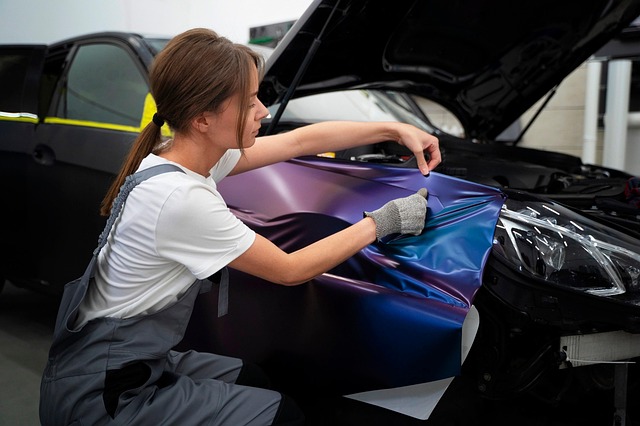
In the pursuit of an exceptional customer satisfaction guarantee, follow-up plays a pivotal role in establishing and nurturing trust. It’s not just about resolving initial issues; it’s about demonstrating a genuine commitment to the customer’s experience long after they’ve left your auto body work or collision repair shop. A simple check-in call, text, or email can go a long way in showing that you care about their satisfaction and safety on the road. This consistent interaction fosters an environment of reliability and transparency, encouraging customers to view your business as a trusted partner rather than just a service provider.
Over time, these follow-ups contribute to building lasting relationships. They allow you to anticipate future needs, address concerns proactively, and offer tailored solutions, be it for regular maintenance or unexpected repairs. By prioritizing the customer journey beyond the initial transaction, you create a loyal customer base that not only returns for auto body work or collision repair services but also becomes your brand advocates, promoting your commitment to excellence in the industry.
Strategies for Effective Post-Purchase Engagement to Ensure Customer Loyalty
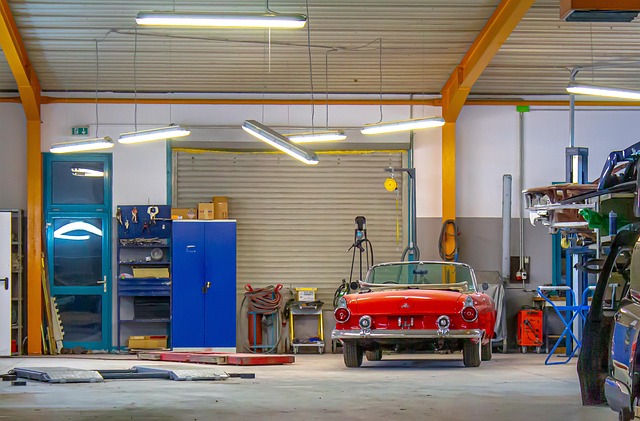
Post-purchase engagement is a powerful tool to foster customer loyalty and build a robust customer satisfaction guarantee. Strategies should focus on creating meaningful connections with clients post-transaction. One effective approach is to implement personalized communication, where car body shop owners reach out to customers via email or text, offering tailored recommendations based on their recent service or repair. For instance, if a client visited the shop for tire services, subsequent messages could include tips on tire maintenance and seasonal upgrades, demonstrating care and expertise.
Additionally, providing post-service feedback forms or satisfaction surveys encourages open dialogue. Customers appreciate opportunities to voice their experiences, especially when it involves expressing dissatisfaction or suggesting improvements. Responding promptly to such feedback shows a commitment to quality and service excellence. Incorporating these strategies into the customer journey ensures that the interaction doesn’t end with the purchase, fostering a deeper connection that solidifies loyalty for both car body shop and tire services customers.
Ensuring a positive customer experience is paramount in fostering loyalty and driving business growth. By understanding customer expectations and implementing strategic follow-up practices, businesses can create a robust framework for delivering an exceptional customer satisfaction guarantee. The key lies in leveraging post-purchase engagement to build trust and strengthen long-term relationships, ultimately positioning companies as reliable and caring service providers.

